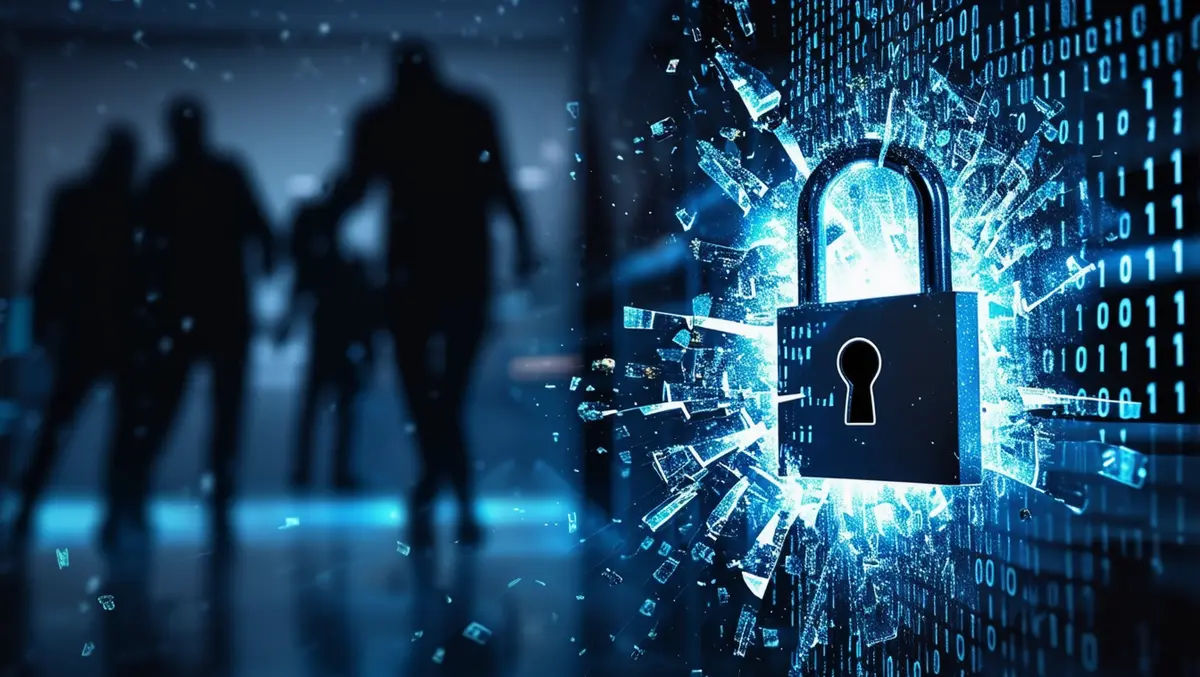
Experts warn of fallout from BBC Pension and LAUSD data breaches
Recent data breaches at the BBC Pension Scheme and Los Angeles Unified School District (LAUSD) have exposed critical vulnerabilities, prompting cybersecurity experts to issue warnings about the potential misuse of stolen information.
In recent weeks, cyberspace has been the scene of two significant data breaches that have stirred concerns over cybersecurity and data protection measures in the UK and the US. The BBC confirmed a data breach that exposed the personal details of more than 25,000 current and former employees, including national insurance numbers and home addresses, through a compromise of the BBC pension scheme. On the other side of the Atlantic, the Los Angeles Unified School District (LAUSD) is investigating claims of data theft affecting millions of students and faculty members.
David Sancho, Senior Antivirus Researcher at Trend Micro, commented on the recent incident involving the BBC. "While details are light at this stage, we can already make educated estimates about the cause of the BBC Pension Scheme data breach and what could happen next," Sancho explained. The BBC believes the breach occurred because data was copied from an online storage service, which likely involved malicious actors accessing the service through stolen credentials.
This data breach is notably separate from a previous ransomware attack on the BBC last summer. Despite no ransomware being involved in this specific incident, Sancho warned that the data could be sold on the dark web. "The likelihood that the data will be placed for sale on the dark web is, unfortunately, high," he remarked. The nature of the data, including home addresses and national insurance numbers, makes the affected individuals susceptible to more sophisticated personalised cyber-attacks and extortion schemes, especially those in high-profile positions.
In the United States, the LAUSD is grappling with its own cybersecurity crisis. Paul Prudhomme, Principal Security Analyst at SecurityScorecard, highlighted the vulnerabilities that educational institutions face. "Educational institutions remain particularly vulnerable to threat actors due to the vast amount of personal data of students and staff they store," Prudhomme noted. He underscored that the personal data of students is especially attractive to cybercriminals for identity theft, as minors rarely monitor their credit reports.
The issue goes beyond just the sheer volume of data; it is also a matter of insufficient resources. "Many schools operate with limited IT budgets and staff, leading to outdated software and insufficient cybersecurity defences," Prudhomme added. To mitigate these risks, he called for comprehensive cybersecurity measures, emphasising the importance of keeping software updated and regular cybersecurity training for all members of the school community.
Stuart Wells, Chief Technology Officer at Jumio, described how the LAUSD breach has escalated to more alarming levels, with the attackers putting up 11GB of critical data, including minors' social security numbers (SSNs) and addresses, on a hacking forum. "This data breach serves as a stark reminder of the significant dangers of vulnerabilities among infrastructures carrying critical data," stated Wells. The stolen information can be exploited to open new accounts and rack up debt, causing substantial long-term financial damage.
Minors affected by this breach are in a particularly precarious position. Wells pointed out the difficulty in resolving cases of identity theft among children, as unauthorised activities can go unnoticed for years. He advocates for the implementation of robust identity verification systems, particularly those that incorporate biometric methods, stating, "With biometric verification methods, illegitimate users and hackers are stopped before they can do more harm."
As cyber threats continue to advance, these breaches highlight the urgency with which organisations, regardless of sector, need to reassess and strengthen their cybersecurity frameworks. The back-to-back incidents at the BBC and LAUSD serve as a harsh reminder of the ubiquitous threat posed by cybercriminals and the critical importance of proactive, comprehensive cyber defence strategies.


